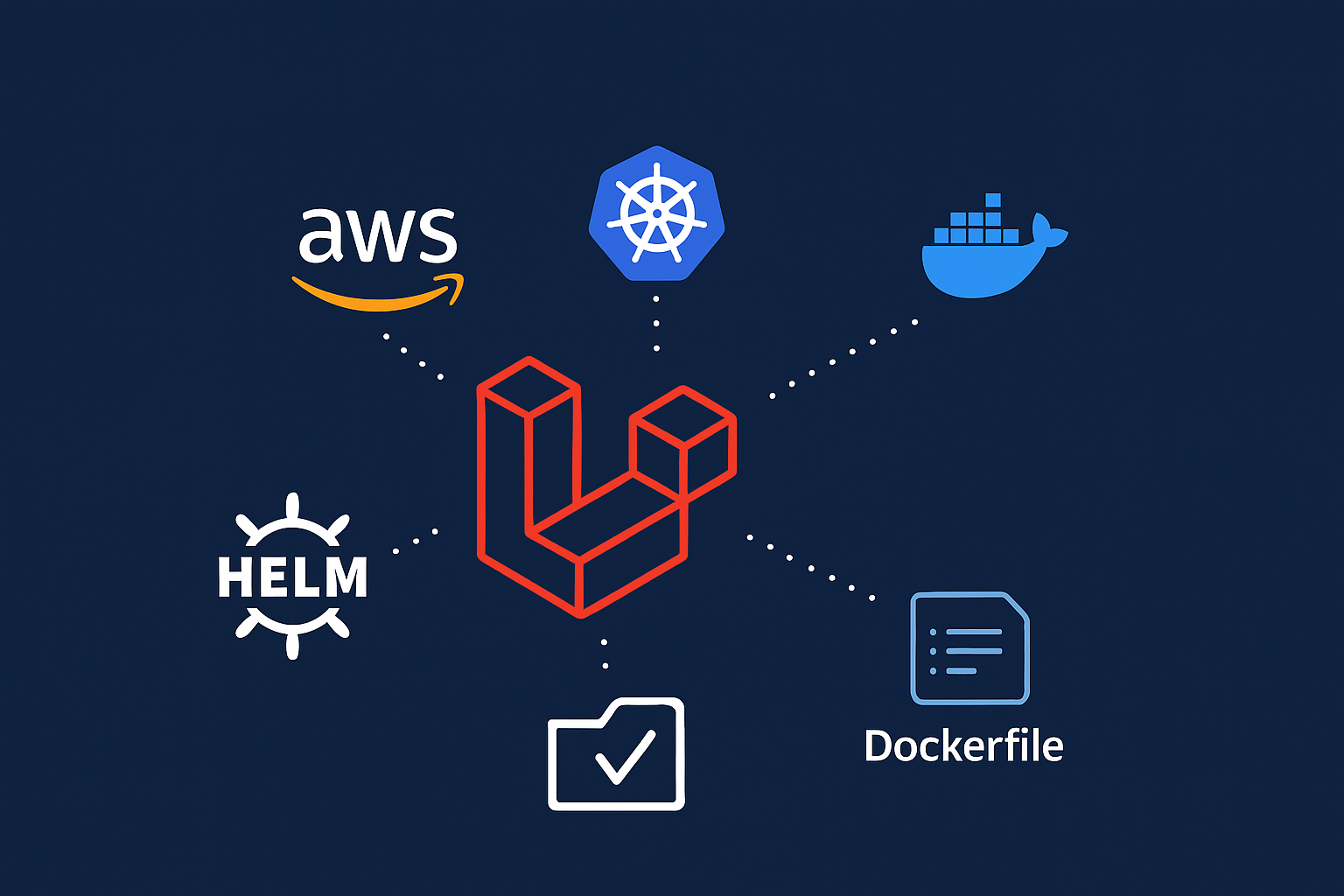Importance of Domain Knowledge in IT Projects
In the dynamic world of IT services, each new project is like stepping into an unexplored planet. As a software professional, I’ve discovered that success is not just about writing clean code or implementing the latest technologies—it’s about truly understanding the world of our clients. Through my journey across multiple domains, I’ve learned that domain knowledge is not just an advantage; it’s the foundation of delivering solutions that truly resonate with clients’ needs.
The Social Sector: Learning to Measure Impact
My journey began in the social sector, where impact isn’t measured in profit margins but in lives transformed. Working alongside product and Monitoring & Evaluation (M&E) teams opened my eyes to a world where data tells human stories. I understood how organizations conduct their crucial survey cycles—baseline studies to understand initial conditions, midline assessments to track progress, and endline surveys to measure impact.
Whether I was building an end-to-end system or designing an analytical dashboard, this knowledge helped me think the way the client thought. When building analytical dashboards, I wasn’t just plotting data points; I was helping organizations visualize their impact on communities. Understanding the small details of campaign management and outcome prediction helped me ask more informed questions during requirement gathering. It resulted in solutions that didn’t just meet technical specifications but truly served the sector’s mission.
Decoding Clinical Trials
The transition to clinical trials brought new challenges that taught me a valuable lesson about the cost of knowledge gaps. Initially, I found myself nodding along to discussions filled with medical terminology, proceeding with development based on what I thought I understood. This resulted in cycles of revisions and clarifications. I found that similar understanding isn’t the same as exact understanding.
Taking a step back, I invested extra time in learning the fundamentals of clinical trial processes, medical terminology, and regulatory requirements. Investing extra time to learn about the domain filled that gap, and the final product met the client’s expectations.
Navigating Fintech and Insurance Domains
The fintech and insurance sectors presented a different kind of challenge—one where precision meets regulatory compliance. Integrating with multiple banking APIs wasn’t just a technical challenge; it required understanding complex financial workflows and regulatory frameworks. Each transaction flow needed to be perfect, as even minor errors could have significant consequences.
Domain knowledge here became a shield against potential issues. Understanding banking processes helped me implement more robust error handling and validation checks. Knowledge of insurance workflows enabled me to design systems that not only worked technically but also aligned with industry standards and compliance requirements.
Becoming a ‘Small Astrologer’
Perhaps the most unique domain I’ve encountered was astrology—a field where ancient wisdom meets modern technology. Creating an astrology platform required precise calculations and understanding of planetary positions, charts, and predictions. When the client noticed a decimal point discrepancy in a Lagna chart’s planetary position, it highlighted how precision in this domain requires both technical accuracy and astrological knowledge.
The project transformed me into what I jokingly call a “small astrologer.” It wasn’t just about writing code—it was about learning to think like an astrologer to ensure every prediction was accurate.
AgriTech: Cultivating Future Solutions
My current work in Agriculture Technology represents the exciting intersection of traditional farming knowledge and cutting-edge technology. Developing prediction modules using AI and ML tools to analyze weather patterns and crop data requires a delicate balance. Understanding agricultural principles helps ensure that our sophisticated algorithms produce not just technically accurate but practically useful predictions for farmers.
The Universal Truth
Throughout these diverse experiences, one truth has remained constant: domain knowledge transforms good solutions into excellent ones. It’s the difference between building what’s asked for and delivering what’s needed. While staying updated with technical skills is crucial, investing time in understanding each new domain has consistently proven to be equally valuable.
This investment builds trust with clients, reduces development cycles, and ensures solutions that truly serve their purpose. In the end, success in the IT sector isn’t just about what we build—it’s about how well we understand the world we’re building it for.






